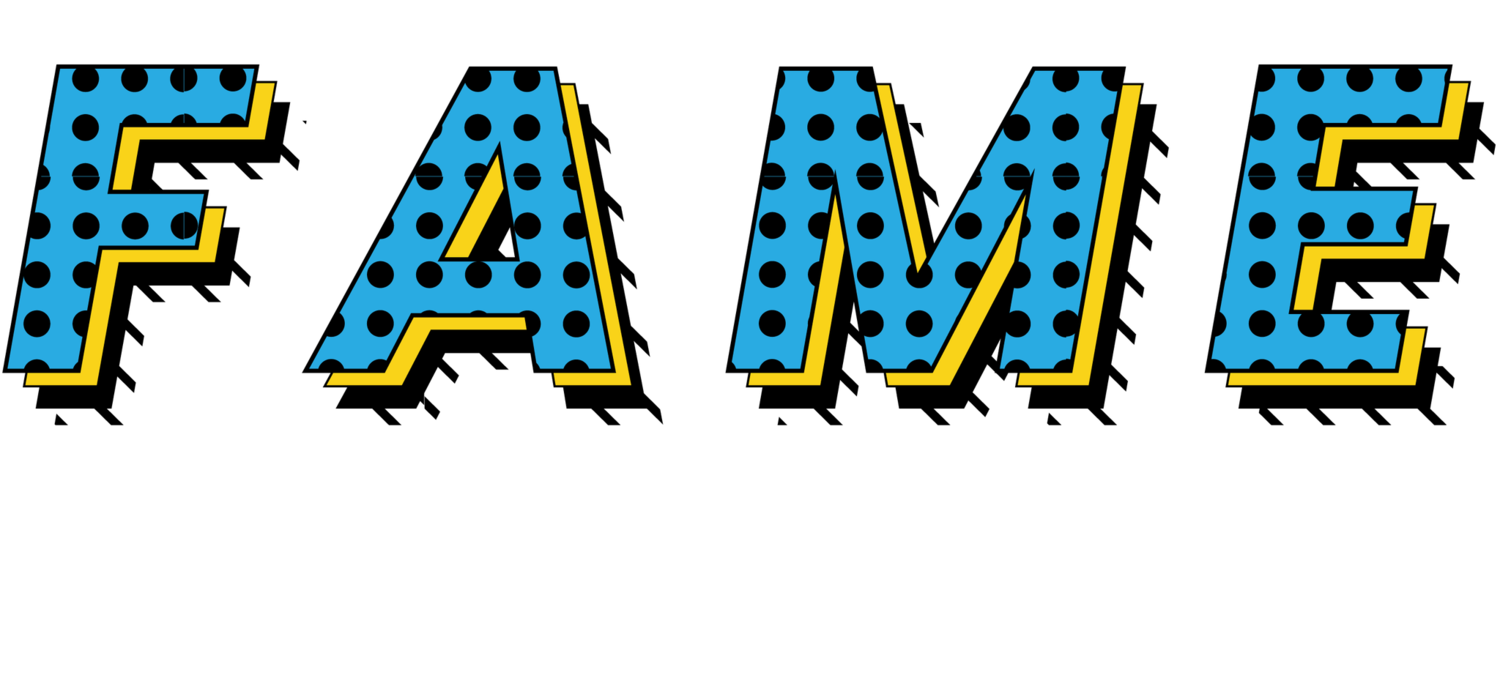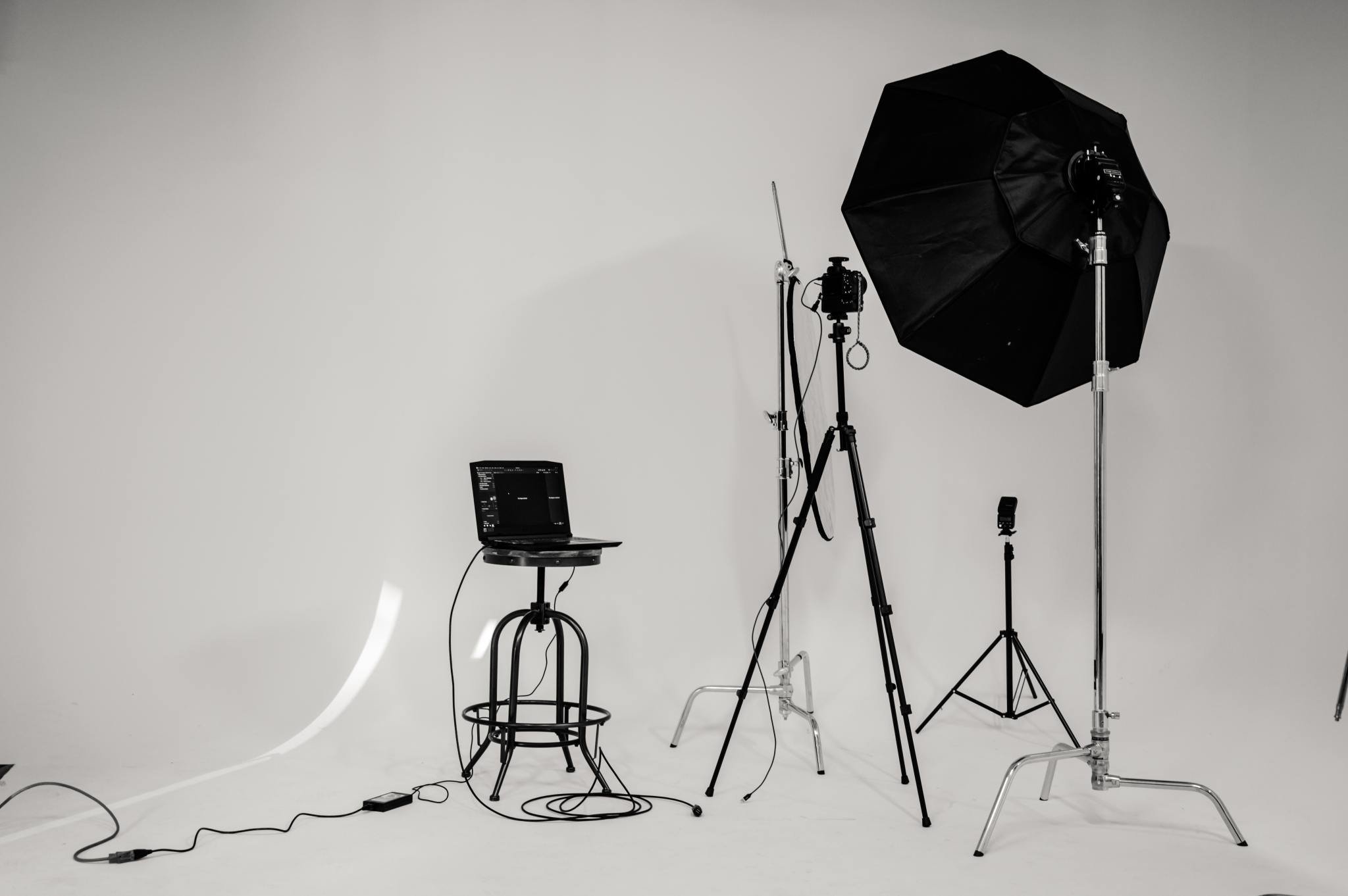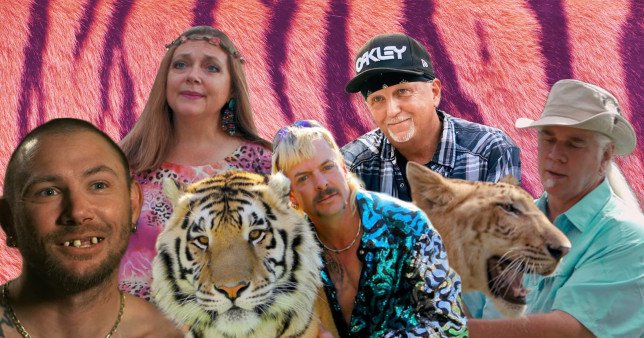(C)opyright Chronicles USA with Mandi Brooksbank
Note: This interview was conducted at the end of 2020.
To start, could you please introduce yourself and briefly describe what you do at eOne?
My name is Mandi Brooksbank, and I am a Los Angeles based entertainment attorney. I grew up performing as a pianist, harpist and singer and have had a love for theatre and the arts from an early age which strongly influenced my path to the film and television industry. I received my B.S. in the Business for the Cinematic Arts program at the University of Southern California and my J.D. from the Southwestern Law School two year SCALE program. I currently work at Entertainment One as Director of Television Business and Legal Affairs, which means I negotiate and paper the deals for key creative talent (i.e. producers, writers, directors, actors) in connection with eOne’s television projects.
(Picture: Pexels)
What does a regular day on the job look like for you? What are the most common forms of legal tasks that you have to deal with? Who are you mainly dealing with?
Every day is unique in its own way. Sometimes I’m able to get through my to do list, but most days there are different fires that pop up and need immediate attention. The different areas of my job can be classified into two buckets: development and production. With development, I am tasked with negotiating deals for projects our creative executives are interested in pursuing. As a studio, we work to acquire projects and key creative talent attached to those projects which we then present to buyers in the hopes of selling the project to a buyer/network, producing and distributing. The other half of my job is managing those projects that are already underway which includes problem solving with our production executives on issues that pop up on the group and handling things like chain of title, on going talent deals, clearance issues and advising on a number of miscellaneous issues that occur throughout the process of shooting.
To address it up front, how has the pandemic affected the work you do and how have you adapted to the COVID-normal?
I have to say I feel very fortunate to work in a position where I have been able to work remotely during this time. Just like everyone else, COVID has presented its unique personal challenges for myself. Workwise I find virtual meetings to not be as effective as in person communication. That said, it is encouraging to see the industry and those I am working with both in and out of eOne to be accommodating, encouraging and supportive of each other during this difficult year. While productions were mostly halted until recently, there was surprisingly still a lot of work coming in with respect to development deals and preparation for when productions would be up and running again. The most interesting changes I’ve seen thus far that have affected the industry are with respect to the majority of insurance policies not covering Covid relating losses and the strict safety requirements now in place on most productions due to guild regulations. It is a new reality that all film and entertainment companies are acing and working through. The most important thing though is to keep our cast and crew as healthy and safe as possible.
What does it mean to ‘run legal point’ for producers? How is the work you do with them unique from what we would usually associate with stereotypical ‘lawyering’?
Running legal point means that you are the point person in charge of all things legal related with respect to a film/tv production. This generally means negotiating and papering the talent deals, dealing with copyright, intellectual property and personal rights issues, assisting with licensing and the acquisition of music rights as needed, securing insurance for a production, assisting to aquire and negotiate distribution and ultimately being an advisor for your producer whenever they have questions or any personnel, creative or other issues arise throughout the film/television making process. Essentially, you are looked at to be a problem solver and trusted advisor. I find entertainment work to be unique from other types of law because being a lawyer in this industry requires more than just reviewing legal issues.
In almost all cases that I’ve experiences, it can be more valuable to have a true understanding of the industry from a business perspective rather than a pure legal perspective. The entertainment industry is very particular and heavily relies upon industry custom and practice, so just having an understanding of the legal issues before you is not always enough. The most effective way to be successful is to be able to advise of a practical level with the goal of making a situation possible rather than having a perfect legal solution for the problem at hand.
What has been the most interesting/unique/difficult case to have come across your desk?
That’s a tough one, I’ve been lucky to work on many exciting projects in my career thus far. If I had to choose, one of the most fun and somewhat challenging projects was working on the Netflix docuseries Tiger King. From the first time I reviewed raw footage, I knew this was a very special, hilarious and also dark work that I could not wait for the public to see. For those of you who have seen the show, you know that the characters throughout the series were very over the top and flamboyant so much so that legally it was challenging to fact check and clear the project for issues of personal rights. Although challenging, the editing and production team behind the show were very thorough and a pleasure to work with.
(Picture: Netflix)
How do mergers in the entertainment industry differ from other industries, if at all?
From a business and legal perspective, I don’t believe mergers of entertainment companies are different from mergers of companies in other industries. The main difference may be that many non-entertainment related companies have a new found interest in the entertainment space especially as it has become more expansive in new media with the abundance of different platforms to entertain and spread a message.
How does legal work for live theater productions differ from legal work for filmed content? Is it easier or harder to deal with?
The business and legal aspects of live theater deals are actually quite unique, niche and very different than a typical film/tv deal. The biggest difference stems from a legal issue. Under U.S. copyright a copyright for a live performance cannot be assigned over to a single entity in the same way you are able to assign copyright ownership over for an audio-visual work. Because of this difference, it creates new standards of ownership which in turn creates new standards of how ownership is handled and transferred from one theatrical production to the next. I would say it is a bit more difficult to deal with just because the standards are so different and there are just a handful of real players in this sector. That said, I’ve always found the theater reps to be very friendly, accommodating and willing to do what is necessary with a show must go on mentality!
What skills and attributes do you think are key that we as students should be looking to develop?
From personal experience and also from working with legal interns over the years some of the qualities I find to be the most important include being proactive, being prepared, active listening and having an eagerness to learn. When hiring junior attorneys, there is an understanding that much of what you speacilize in occurs on the job rather than getting true training from law school. This isn’t something to worry about, but the more prepared you are and your ability to show how you can be dependable and go the extra mile with respect to your research and knowledge of the issue you’ve been tasked to handle will set you far above your peers.
Most people have an inflated conception of the entertainment industry. Are there any misconceptions about entertainment law that you feel is important to dispel or discuss?
I think there is this perception of entertainment being this sexy glamorous industry full of parties and notoriety. While there may be the occasional industry party, if you speak to anyone who is involved in this industry you will find that it is full of extremely hardworking and passionate people. I find this industry best suited for myself as I’ve always been a part of show business in one way or another. For me, I couldn’t see myself doing anything else. That said, just like any other legal profession, legal jobs in the entertainment industry are filled with long hours, stress and hard work. But, it is always rewarding to be a part of a greater vision and help important and underrepresented voices be heard on the most influential platforms of our society. And that is why this work is so fulfilling.



